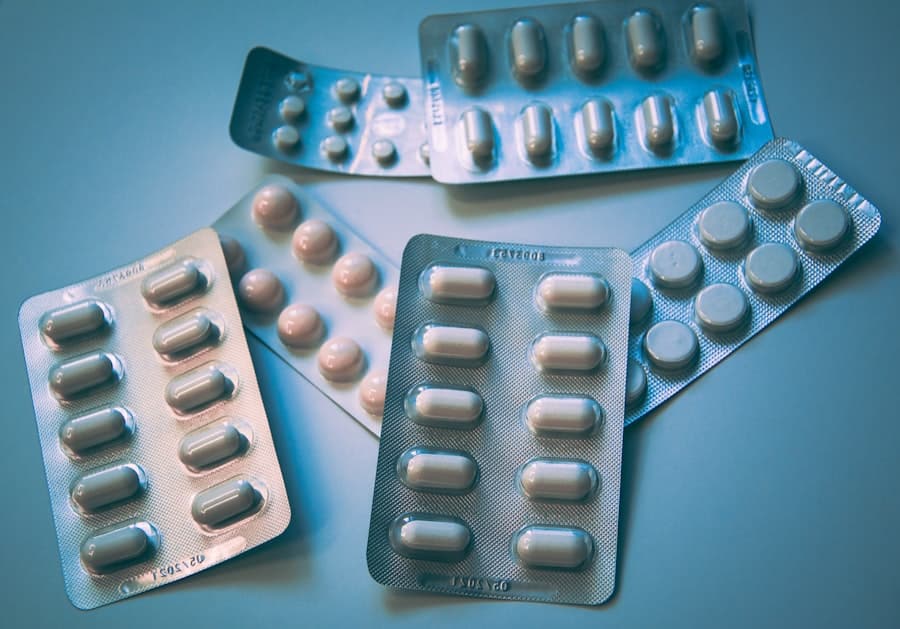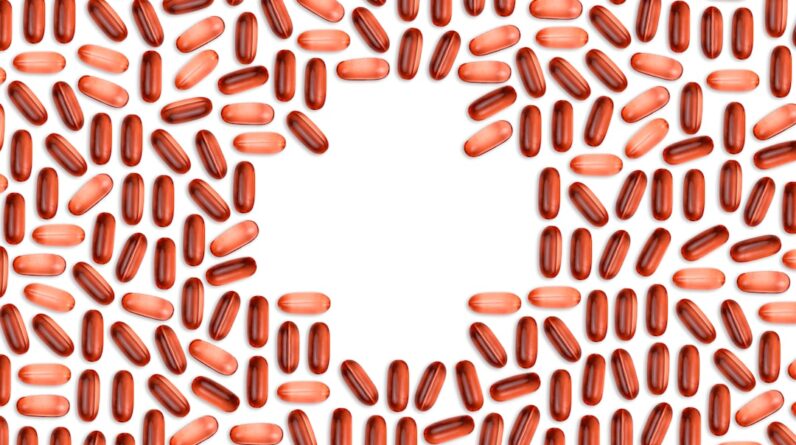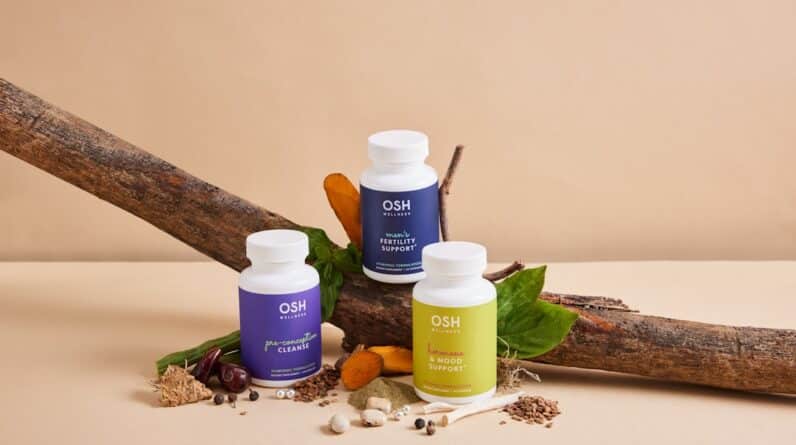Zinc is an essential trace mineral that plays a crucial role in numerous biological functions within your body. It is involved in over 300 enzymatic reactions, making it vital for processes such as metabolism, digestion, and nerve function. As you navigate your daily life, you may not realize just how much zinc contributes to your overall well-being.
This mineral is not only important for physical health but also for mental clarity and emotional stability. Ensuring that you have an adequate intake of zinc can significantly enhance your quality of life. Incorporating zinc into your diet is not just about meeting a nutritional requirement; it’s about fostering a robust foundation for your health.
This mineral supports cellular growth and division, which is particularly important during periods of rapid growth, such as childhood and adolescence. Additionally, zinc plays a role in wound healing and the maintenance of skin integrity. By prioritizing zinc in your diet, you are investing in your body’s ability to function optimally and recover from various stresses.
Key Takeaways
- Zinc is an essential mineral that plays a crucial role in various bodily functions, including immune system support and wound healing.
- A deficiency in zinc can lead to weakened immune function, increased risk of infections, and impaired growth and development.
- Natural sources of zinc include oysters, red meat, poultry, beans, nuts, and whole grains.
- Taking a natural zinc supplement can help support immune function, promote wound healing, and maintain overall health.
- When choosing a zinc supplement, consider factors such as the form of zinc, dosage, and potential interactions with other medications or supplements.
How Zinc Supports Your Immune System
Your immune system is your body’s defense mechanism against infections and diseases, and zinc is a key player in maintaining its effectiveness. This mineral helps in the development and activation of T-lymphocytes, which are essential for your immune response. When you have sufficient zinc levels, your body can better recognize and combat pathogens, reducing the likelihood of illness.
This is particularly important during cold and flu season when your immune system needs to be at its best. Moreover, zinc has antioxidant properties that help protect your cells from oxidative stress caused by free radicals. By neutralizing these harmful molecules, zinc contributes to a more resilient immune system.
When you ensure that you are getting enough zinc, you are not only supporting your immune function but also enhancing your body’s ability to recover from illnesses more quickly. This means fewer sick days and a more active lifestyle, allowing you to engage fully in the activities you love.
Signs of Zinc Deficiency and Its Impact on Your Health

Recognizing the signs of zinc deficiency can be crucial for maintaining your health. Common symptoms include weakened immunity, frequent infections, hair loss, and delayed wound healing. You might also experience changes in taste or smell, which can be quite disconcerting.
If you find yourself feeling fatigued or experiencing unexplained mood swings, it could be a sign that your body is lacking this essential mineral. Understanding these symptoms can empower you to take action before they escalate into more serious health issues. The impact of zinc deficiency on your health can be profound.
Chronic deficiency can lead to more severe complications such as growth retardation in children, skin lesions, and even cognitive impairments. If left unaddressed, a lack of zinc can compromise your overall health and well-being. By being aware of these signs and taking proactive steps to ensure adequate zinc intake, you can safeguard yourself against the potential long-term effects of deficiency.
Natural Sources of Zinc
| Food Source | Zinc Content (mg) |
|---|---|
| Beef | 4.8 |
| Pork | 2.9 |
| Chicken | 2.4 |
| Almonds | 3.3 |
| Chickpeas | 2.5 |
Incorporating natural sources of zinc into your diet is an effective way to meet your nutritional needs. Animal-based foods are typically rich in zinc, with options like red meat, poultry, and seafood being among the best sources. For instance, oysters are particularly high in zinc content, making them a delicious option for those who enjoy seafood.
If you prefer plant-based sources, legumes such as chickpeas and lentils, nuts like cashews and almonds, and whole grains can also provide a decent amount of zinc. However, it’s important to note that the bioavailability of zinc from plant sources is lower than that from animal sources due to the presence of phytates, which can inhibit absorption. Therefore, if you follow a vegetarian or vegan diet, you may need to be more mindful about including a variety of zinc-rich foods to ensure adequate intake.
By diversifying your diet with both animal and plant-based sources of zinc, you can create a balanced approach that supports your health effectively.
Benefits of Taking a Natural Zinc Supplement
While obtaining nutrients from food is always preferable, there are times when taking a natural zinc supplement may be beneficial for you. If you find it challenging to meet your daily zinc requirements through diet alone—perhaps due to dietary restrictions or lifestyle choices—supplements can help bridge that gap. Natural zinc supplements are often derived from sources like zinc gluconate or zinc citrate, which are generally well-absorbed by the body.
Taking a natural zinc supplement can also provide targeted support during times when your immune system may be under extra stress, such as during cold and flu season or after intense physical activity. Additionally, if you are recovering from an illness or surgery, a supplement may aid in faster recovery by promoting healing processes within your body. By choosing a high-quality natural supplement, you can enhance your overall health while ensuring that you meet your zinc needs effectively.
Choosing the Right Zinc Supplement for You

When it comes to selecting the right zinc supplement for yourself, there are several factors to consider. First and foremost, look for products that contain forms of zinc known for their bioavailability, such as zinc picolinate or zinc citrate. These forms are more easily absorbed by your body compared to others like zinc oxide.
Additionally, consider the dosage; most adults require around 8-11 mg of zinc per day, but this can vary based on individual needs and health conditions. It’s also wise to check for third-party testing or certifications on the supplement label to ensure quality and purity. Reading reviews and seeking recommendations from healthcare professionals can further guide you in making an informed choice.
Remember that while supplements can be beneficial, they should complement—not replace—a balanced diet rich in natural food sources of zinc.
Incorporating Zinc into Your Daily Routine
Integrating zinc into your daily routine doesn’t have to be complicated. Start by assessing your current dietary habits and identifying areas where you can easily add more zinc-rich foods. For instance, consider incorporating a serving of nuts or seeds into your morning smoothie or snacking on hummus made from chickpeas during the day.
You might also explore new recipes that feature seafood or lean meats as main ingredients. If you decide to take a supplement, establish a consistent time each day to take it—perhaps with breakfast or dinner—to help make it a part of your routine. Keeping the supplement visible can serve as a reminder to take it regularly.
By making small adjustments to your daily habits, you can ensure that you’re consistently meeting your zinc needs without feeling overwhelmed.
Potential Risks and Side Effects of Zinc Supplementation
While zinc supplementation can offer numerous benefits, it’s essential to be aware of potential risks and side effects associated with excessive intake. High doses of zinc can lead to nausea, vomiting, diarrhea, and abdominal cramps. Additionally, long-term excessive supplementation may interfere with the absorption of other essential minerals like copper and iron, leading to further imbalances in your body.
To minimize these risks, it’s crucial to adhere to recommended dosages and consult with a healthcare professional before starting any new supplement regimen—especially if you have underlying health conditions or are taking other medications. By approaching zinc supplementation thoughtfully and responsibly, you can enjoy its benefits while safeguarding your health against potential adverse effects. In conclusion, understanding the importance of zinc in your diet is vital for maintaining optimal health.
From supporting your immune system to promoting overall well-being, this essential mineral plays a multifaceted role in your body’s functioning. By recognizing signs of deficiency and incorporating natural sources or supplements into your routine thoughtfully, you can ensure that you meet your nutritional needs effectively while enjoying the myriad benefits that come with adequate zinc intake.
If you are interested in learning more about supplements for seniors, check out this informative article here. It provides valuable information on the best supplements to support the health and well-being of older adults. Additionally, if you want to stay up to date on industry news and trends in the supplement world, be sure to visit this link. And for those looking to improve cognitive health and focus, this article on supplements for cognitive health and focus here offers great insights and recommendations.
FAQs
What is Zinc?
Zinc is an essential mineral that is important for the functioning of the immune system, wound healing, and DNA synthesis. It also plays a role in cell division and growth.
What are the sources of Zinc?
Zinc can be found in a variety of foods, including oysters, red meat, poultry, beans, nuts, whole grains, and dairy products. It can also be taken as a dietary supplement.
What are the benefits of Zinc supplementation?
Zinc supplementation may help boost the immune system, reduce the duration of the common cold, support wound healing, and aid in the treatment of acne. It may also help with age-related macular degeneration and support overall health.
What are the potential side effects of Zinc supplementation?
Excessive intake of zinc can lead to nausea, vomiting, loss of appetite, abdominal cramps, diarrhea, and headaches. Long-term excessive intake of zinc can also lead to copper deficiency and weaken the immune system.
What is the recommended daily intake of Zinc?
The recommended dietary allowance (RDA) for zinc varies by age and gender. For adult men, the RDA is 11 mg per day, and for adult women, it is 8 mg per day. Pregnant and breastfeeding women may need higher amounts.






